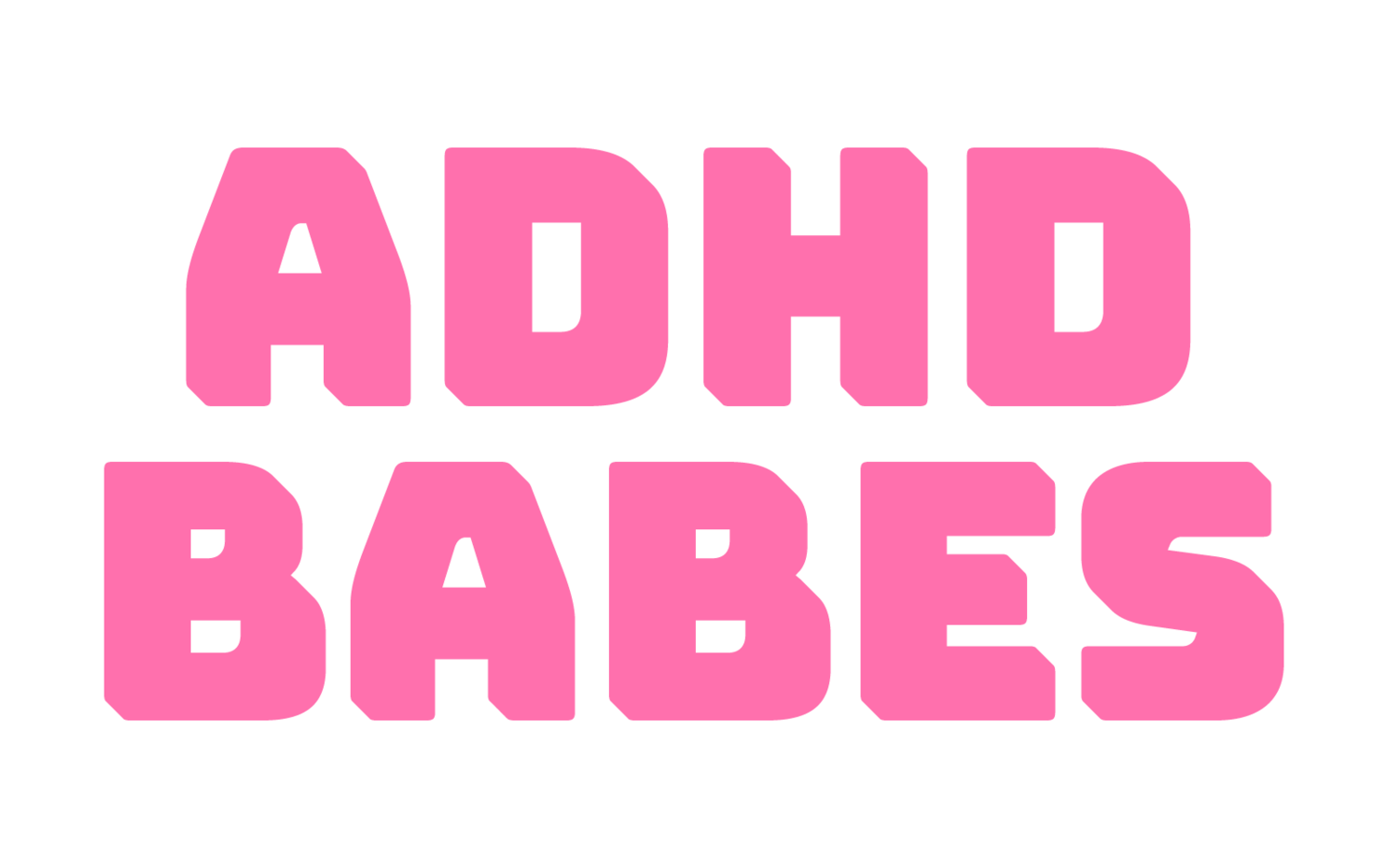Do I have ADHD or am I an ADHDer?
Upon getting my diagnosis at 24 years old, I considered myself to have ADHD (Inattentive). This was a whole new world - an amazing one - where I finally had the answers to the phenomenon that has plagued me my whole life. But even after being diagnosed, I still had to go through multiple stages of acceptance because awareness and medication aren’t a magical fix. I wasn’t fully aware of the internalized ableism I had that desperately needed unpacking
Despite knowing that I experience difficulties with Executive Functioning (skills controlled by a part of the brain called the frontal lobe such as planning, organizing, prioritizing tasks and regulating emotion) I would still continue to beat myself up about how much I had trouble completing small tasks that came easy to neurotypicals. I still felt the need to prove my capabilities to the point of burnout for people who deemed my neurological differences to be character flaws. Despite knowing that I function differently, I was still ashamed. Being told by multiple people that you’re lazy when you work extremely hard and that you lack passion and care for things that you’re immensely passionate about can take a toll on your self esteem and make you internalize these beliefs.
Why did I have to have ADHD? I hate my life. I wish I was normal.
These thoughts are incredibly harmful and can sometimes be indirectly reinforced by family members, friends and a society that does not naturally include or accommodate us. For some of us with a late diagnosis, we must then address years of trauma and internalized ableism to heal.
Through my healing and newfound awareness, I realized that I had been doing myself a disservice by measuring my abilities to the neurotypical standard way of living. I feel ten times better having now accepted that this is a standard I will never meet, and knowing it’s perfectly fine that I don’t. It all began when I learned that some neurotypical advice and systems do not help me, and that I needed to discover other ways to self regulate and manage myself by my own standards.
Acknowledging that I have limitations and that I may need to be accommodated feels incredibly freeing. Because of this, I actually transitioned to calling myself an ADHDer. ADHD is a part of me. It contributes heavily to the way I view and interact with the world as well as those around me. It shapes my personality and who I am. If I was neurotypical, I wouldn’t be me at all! While it’s not my entire identity, it makes up a pretty large chunk. Sometimes, I may still say, “I have ADHD,” for grammar purposes because, “I’m ADHD,” sounds a bit odd, but the identity-first language is my overall view of what it means to me. Reframing the language helps me to accept myself in all of my forms and recognize that I work a bit differently.
There’s nothing wrong with me and I’m not incompetent, I just have to discover what works best for me to manuever this life.
However someone chooses to identify with their diagnosis is up to them for their own personal reasons. The way that ADHD shows up for everyone is different and depends on our circumstances like which type we have, our environment, race, childhood, class status, etc. I found that saying I “have” ADHD contributed to my internalized ableism because I saw it as something outside of myself that I had to overcome. The thing is, it doesn’t go away. Seeing ADHD as who I am helped me strive to work with myself instead of against. None of this happened overnight - it’s a lot easier said than done and can take some trial and error. To be completely honest, it was a lot harder to accept myself without any shame prior to starting medication. For a lot of us, ADHD is debilitating and affects the way that we live our everyday life - working through executive dysfunction and striving to keep ourselves from becoming too under or overstimulated can sometimes be a full time job. Some ADHDers identify as disabled or recognize their ADHD as a disability. Because it’s widely coined as an “invisible disability,” if we don’t advocate for ourselves, we will not get the support that we truly need because it “looks” as if we don’t need it.
(Observation; despite it being considered an “invisible disability,” it is interesting to witness people invalidate our experiences or say that they don’t notice it then proceed to, on another occasion, point out things or berate us for what we do that can be explained by ADHD. Surprise! Yes, we’ve tried yoga and meditation. Mindfulness can definitely help some of us regulate ourselves, but it’s not always a sustainable “fix” that will get to the root of what we really need. And I’m certified).
If any of this resonates, there are free online support groups that are helpful for sharing similar experiences, system building and accountability. ADHD Babes run fortnightly support groups, monthly support groups with a psychologist, and they have a Discord for those interested in discussing ADHD in detail. If you have the means, it may also be of great support to outsource an ADHD coach who can help you process your thoughts and establish great habits that compliment your lifestyle. Remember that developing a positive relationship to ADHD can be a process. Continue being patient with yourself and hone in on your strengths and passions. If you’re in a space to do so and feel comfortable, ask for accommodations. None of us, including neurotypicals, are superhuman and we don’t have to endure everything alone.
https://www.instagram.com/ellosyd/
Written by Sydney Alexandria

